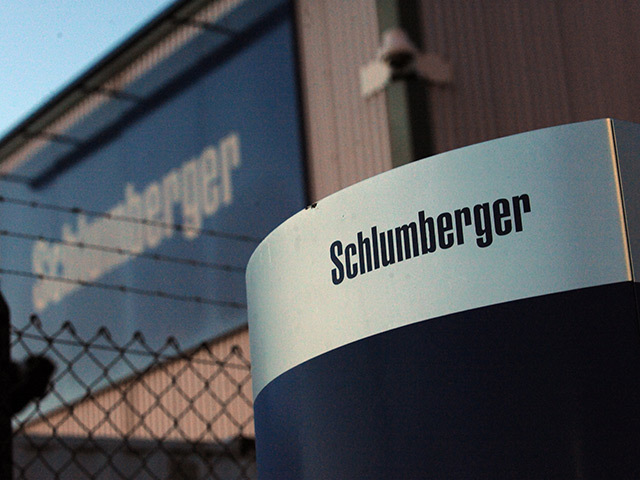
The energy services company Schlumberger is partnering with the Milwaukee firm Rockwell Automation to form a new company in Houston to sell equipment and services to advance digital technology and automation in the oilfield.
The new company, called Sensia, aims to combine the automation and analytics technology of Rockwell with Schlumberger’s oilfield expertise and tools to help producers churn out more oil and gas with fewer workers, an increasing focus of an oil and gas industry looking to cut costs and stay profitable when oil prices fall. Schlumberger, which has one of its principal offices in Houston, is the world’s biggest energy services player.
The new company will employ about 1,000 people initially, including 200 in Houston, when it starts up this summer. The joint venture will specialize in sensor-measuring technology with intelligent automation, or IA, hence the Sensia name.
Oil companies are drilling deeper, faster and more cost effectively, but there’s still a lot to be desired when it comes to digital connectivity so all the equipment in the oilfield can communicate with each other and operate as more than just “dumb iron,” said Allan Rentcome, Rockwell’s director of global technology who will become the chief executive of Sensia.
“On the technology side, there’s a lot of disconnected assets and equipment in the field,” Rentcome said. “The most successful companies combine automated equipment and digital software with the best people.”
Several companies are targeting the oil and gas industry as potentially lucrative market for digital technology and services. Schlumberger’s archrival, the Houston oilfield services company Halliburton, for instance, has its Landmark business that offers digital solutions in the oilfield. Another top rival, Baker Hughes offers digital software for communicating with oilfield equipment and assessing problems.
Technology companies such as Google, Microsoft and Amazon are even shopping cloud-computing and analytics services to energy companies.
Essentially, Sensia aims to offer technology and engineering services so drilling operations can run automated schedules and different pieces of equipment can communicate with each other, assessing the health of the tools. The company also will offer software, equipment and services to help companies assess the mountains of data from drilling and improve operations.
Sensia meshes with Schlumberger’s “rig of the future” technologies that allow more digital connectivity at the rig and deep below the surface, company officials said.
“This joint venture is the next step in our vision to offer our customers smart, connected devices with rich diagnostic capabilities, coupled with measurement, automation and analytics that improve oilfield operations,” said Schlumberger CEO Paal Kibsgaard.
Rockwell Chairman CEO Blake Moret said he sees Sensia as a foothold to expand Rockwell’s presence in the energy sector. Rockwell will own 53 percent stake in Sensia, paying Schlumberger $250 million to gain majority control.
Moret said the idea is to headquarter Sensia in Houston’s Energy Corridor, although the details for office locations are still being worked out. In Houston, about 120 of the 200 Sensia workers will come from Schlumberger. Rockwell will provide the rest.
Rockwell employs about 300 people in the Houston area.
This article first appeared on the Houston Chronicle – an Energy Voice content partner. For more from the Houston Chronicle click here.
Recommended for you
